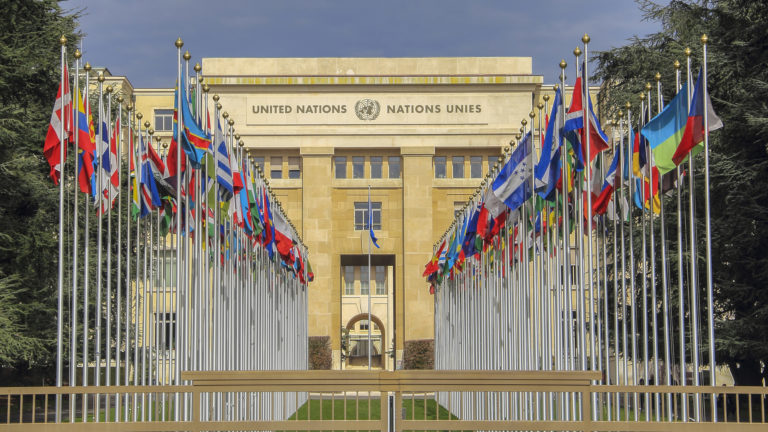
In response to the Catalan National Assembly’s complaint last April, jointly drafted with the Unrepresented Nations and Peoples Organisation (UNPO), three UN Special Rapporteurs have addressed Spain with their concerns on the Catalangate political espionage affair and the human rights violations observed, and demand an investigation and reparation for the victims.
A United Nations resolution in response to the Assembly’s complaint submitted last April recognises the violations of fundamental rights in the massive espionage with Pegasus and Candiru spyware against Catalan activists, political representatives, journalists and lawyers close to the Catalan independence movement. The communique expresses concern that the indiscriminate use of spying tools by the Spanish state may contribute to self-censorship within Catalan civil society, thus diminishing the right to freedom of opinion and expression in Catalonia.
In this sense, the president of the Catalan National Assembly, Dolors Feliu, stressed the importance of this idea, which “recognises that the repression by the Spanish state can have a serious chilling effect on the Catalan independence movement, as we have previously denounced”.
The resolution is signed by the Special Rapporteur on minority issues, the Special Rapporteur on the promotion and protection of the right to freedom of opinion and expression, and the Special Rapporteur on the rights to freedom of peaceful assembly and of association, who list the entire list of victims who have denounced their cases. It also echoes the cases of six victims of Assemblea: former presidents Elisenda Paluzie and Jordi Sànchez, former members of the National Secretariat, Sònia Urpí and Arià Bayé, and grassroots activists Jordi Domingo Ceperuelo and Jordi Baylina, a blockchain expert, highlighting their belonging to civil society, and recalling that national minorities have the right to assert and promote their identity, based on international treaties also ratified by Spain.
The resolution is the result of a complaint that the Catalan National Assembly addressed to the United Nations last April. Dolors Feliu pointed out that this is the second time that the Catalans have been recognised as a national minority in an official United Nations document, which also uses the terminology of Catalan people. “Despite the Spanish government’s ineffectual response to the resolution, thanks to the international advocacy and denunciations made by Assemblea and other organisations, the violation of fundamental rights suffered by the Catalans has been made clear, further strengthening the arguments in favour of self-determination and independence of Catalonia as the only way to protect our rights”.
Attached is Assemblea Nacional Catalana’s complaint to the United Nations.